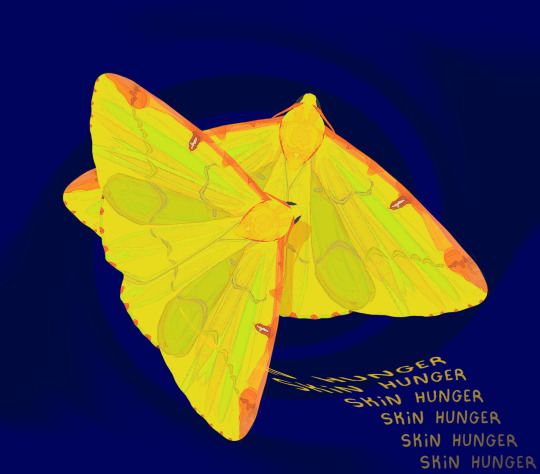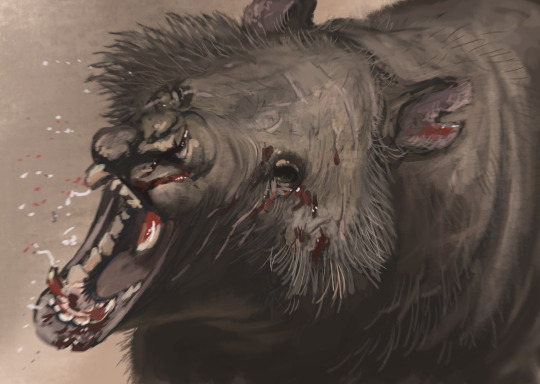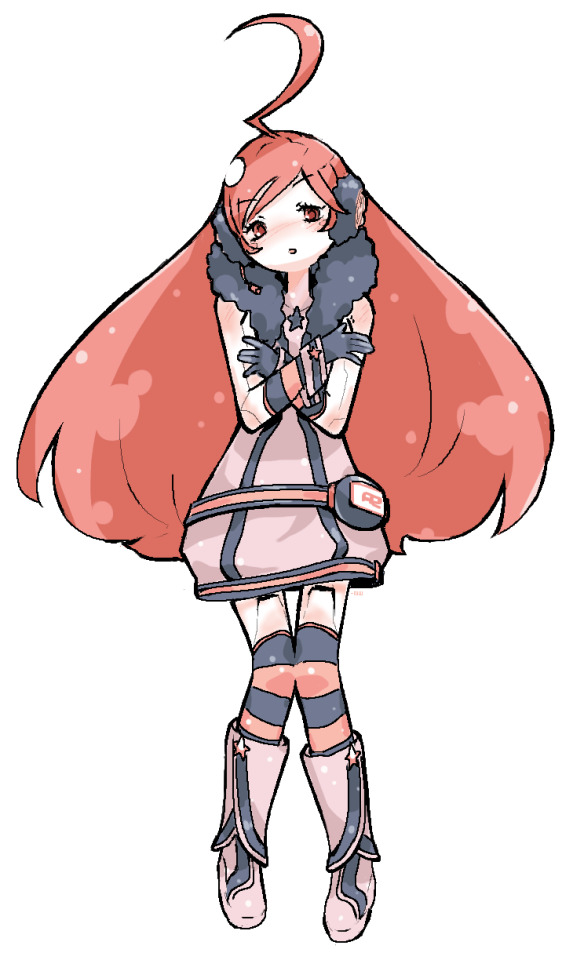I want to keep my main blog's ratio of reblogs to original posts pretty even so I made this lmao. I may reblog my own stuff on occasion.
Don't wanna be here? Send us removal request.
Text

Quick sketches of Tenontosaurus, a large ornithipid which lived in the Aptian to Albian stages of the Cretaceous in what is now North America
68 notes
·
View notes
Text

Homotherium and friend
15K notes
·
View notes
Text

A few years ago I remember I heard somewhere that the nose knobs Maiasaura has might’ve been covered by keratin in life so I applied that here
20 notes
·
View notes
Text

Medusaceratops lokii is a 6-meter-long relative of the centrosaurine ceratopsian Albertaceratops that was described in 2010 from fossils found in 1993. It inhabited that is now the Judith River Formation of Montana 77.5 million years ago and was part of a diverse Campanian-age fauna of dinosaurs and other animals that included the closely-related Lokiceratops mangniformis, the basal chasmosaurine Judiceratops tigris and the hadrosaur Brachylophosaurus canadensis, the tyrannosaurs Daspletosaurus and Gorgosaurus and the giant crocodilian Deinosuchus hatcheri. Medusaceratops and its relatives also prove that ceratopsians are among the most impressive and morphologically-diverse dinosaurs ever known to science.
83 notes
·
View notes
Text

Mamenchisaurus remake
42 notes
·
View notes
Text

Aquilops americanus
heard this guy is starring in a movie soon... i wish him luck
1K notes
·
View notes
Text

I loved this little guy so much I had to render him digitally 🥰


76 notes
·
View notes
Text

warmth
64 notes
·
View notes
Text

A group of Massospondylus carinatus on a joyful mountain hike in Early Jurassic South Africa. Double-page spread from my new book (När dinosaurierna tog över, Idus förlag).
265 notes
·
View notes
Text

Was too tired yesterday to post it but here is finally the result of the Maevarano formation #paleostream! While not as full of species as other formations the diversity in fascinating, from small herbivores crocs over flying raptors and giant frogs to surprisingly large mammals.

The sediments of the upper part of this formation preserves the remains of a coastal, tidally influenced, semi arid wetland. That is a rare thing to encounter these days, so research into getting a good idea of the environment wasn't easy.

One thing I often do in these cases is put together a mood board with potential inspirations from similar modern day environments. One thing that I picked up was for examples the often times reddish color of coastal wetland plants and the little "plateaus" of plants and soil.

On top of that there appears to be quite a bit of plant material from here but very little is described yet, only thing we have a name on is Sapindipsis which is said to be very common.

I have to thank Discord member JW and @arminreindl for putting together this size chart as well as Discord member LiterallyMiguel for producing a brand new skeletal drawing of Mahajangasuchus!
345 notes
·
View notes
Text
DAY 2 - VOLATICOTHERIUM

Volaticotherium antiquum, a small gliding mammal from middle Jurassic Asia, leaping from the treetops to escape a predator. (~164 Mya)
38 notes
·
View notes
Text

Concrete break sound effect
98 notes
·
View notes
Text

When the uhhh when uhh
Young Dryptosaurus on da beach
93 notes
·
View notes
Text




Results from the #paleostream!
Devinophoca, Promerycochoerus, Platycerabos and Panochthus
671 notes
·
View notes
Text

Thinking about
Thinking about the Triassic Cuddle
1K notes
·
View notes

